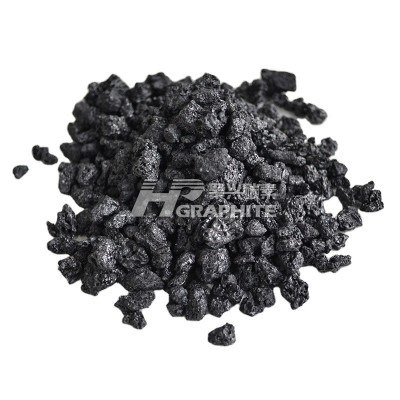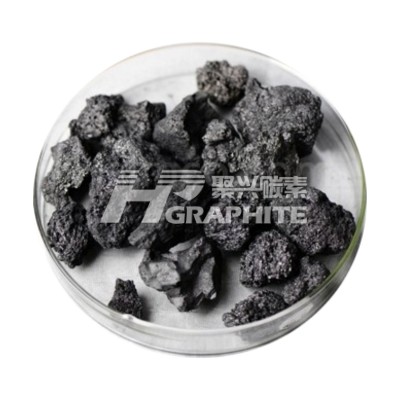The introduction of calcined petroleum coke

The introduction of calcined petroleum coke
As the name suggests, the raw material for calcined petroleum coke is petroleum coke. Petroleum coke is a by-product of petroleum industry and the main raw material of artificial graphite electrode and graphite products. The quality of petroleum coke directly affects the quality of calcined petroleum coke. Without high-quality raw materials, high-quality products cannot be produced. Calcined petroleum coke is made from petroleum coke, a solid residue left in the process of petroleum refining and cracking, and calcined at 1350 ℃, in which the carbon content is more than 95%. The calcined petroleum coke is massive. Due to its large internal gap, its resistivity is high, cannot be directly used for grounding electrodes. It must be crushed into powder. The crushed coke can greatly improve the conductivity. At the same time, in order to make the crushed coke has better air permeability, the coke particles shall be controlled at 35 to 100 meshes.

Calcined petroleum coke shall meet the following standards:
DL/T 5224-2014 Technical Specifications for Design of HVDC Earth Return Operation System,
DL/T 1679-2016 Technical Conditions of Calcined Petroleum Coke for HVDC Grounding Electrode,
and GB/T 24521-2018 Measurement Methods of Carbon Raw Materials and Coke Resistivity.

The main physical characteristics:
Resistivity ≤0.001 Ω·m; Bulk density is 0.9~1.1g/m3; Porosity is 45%~55%; True density is ≥2g/m3;
Thermal conductivity ≥1.0 [W/(m·℃)]; Heat capacity ≥1.0 [J/(cm3·℃)].
For more news and information about carbon products, please contact us.
No related results found








0 Replies